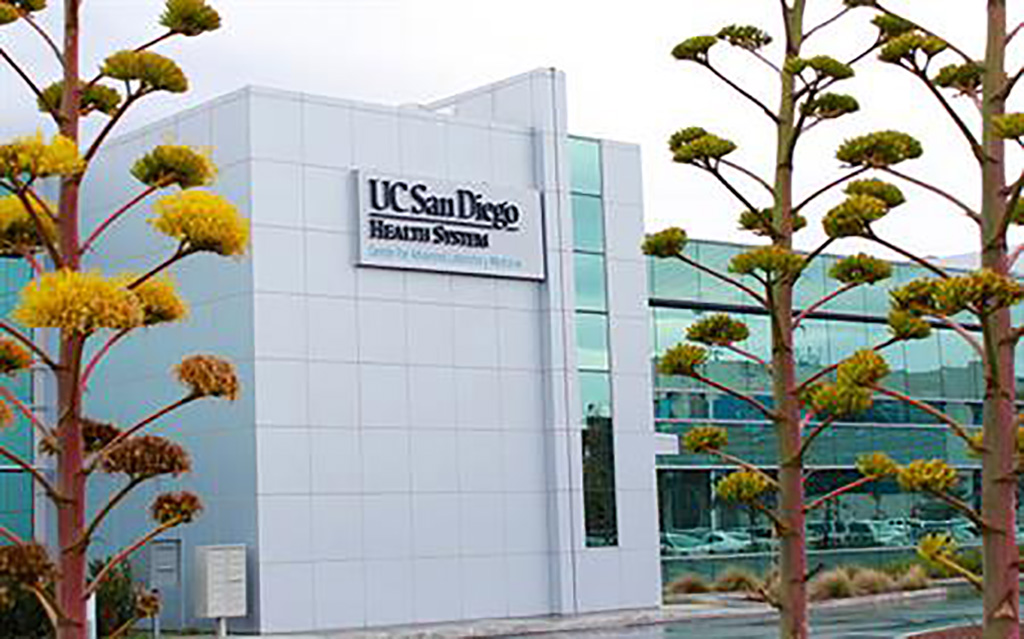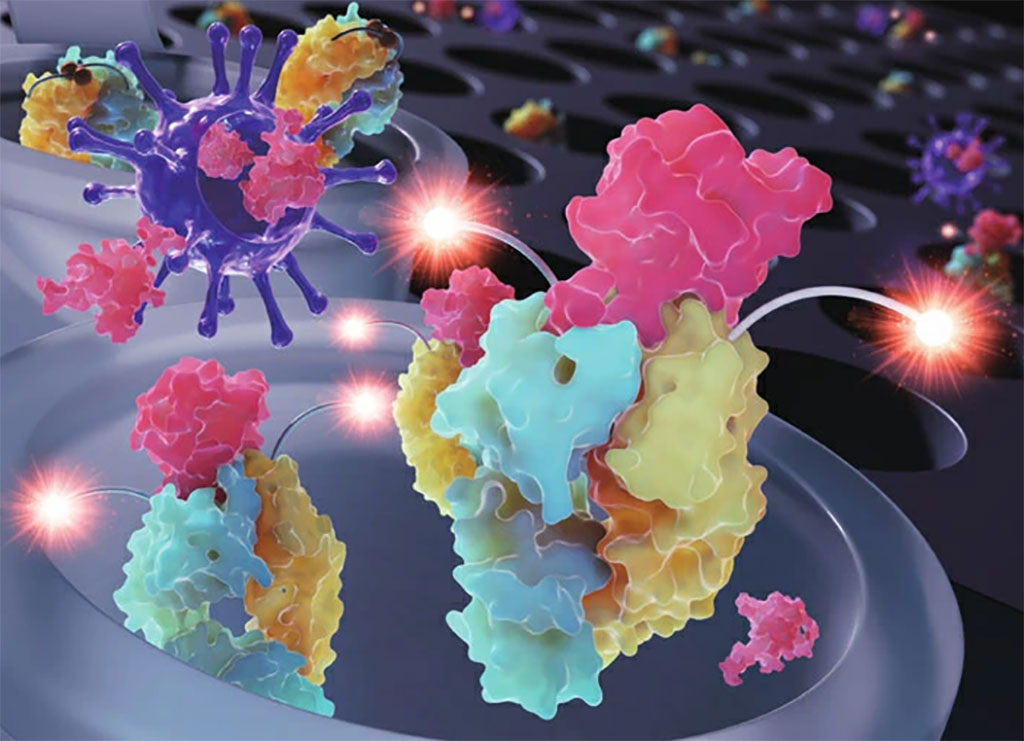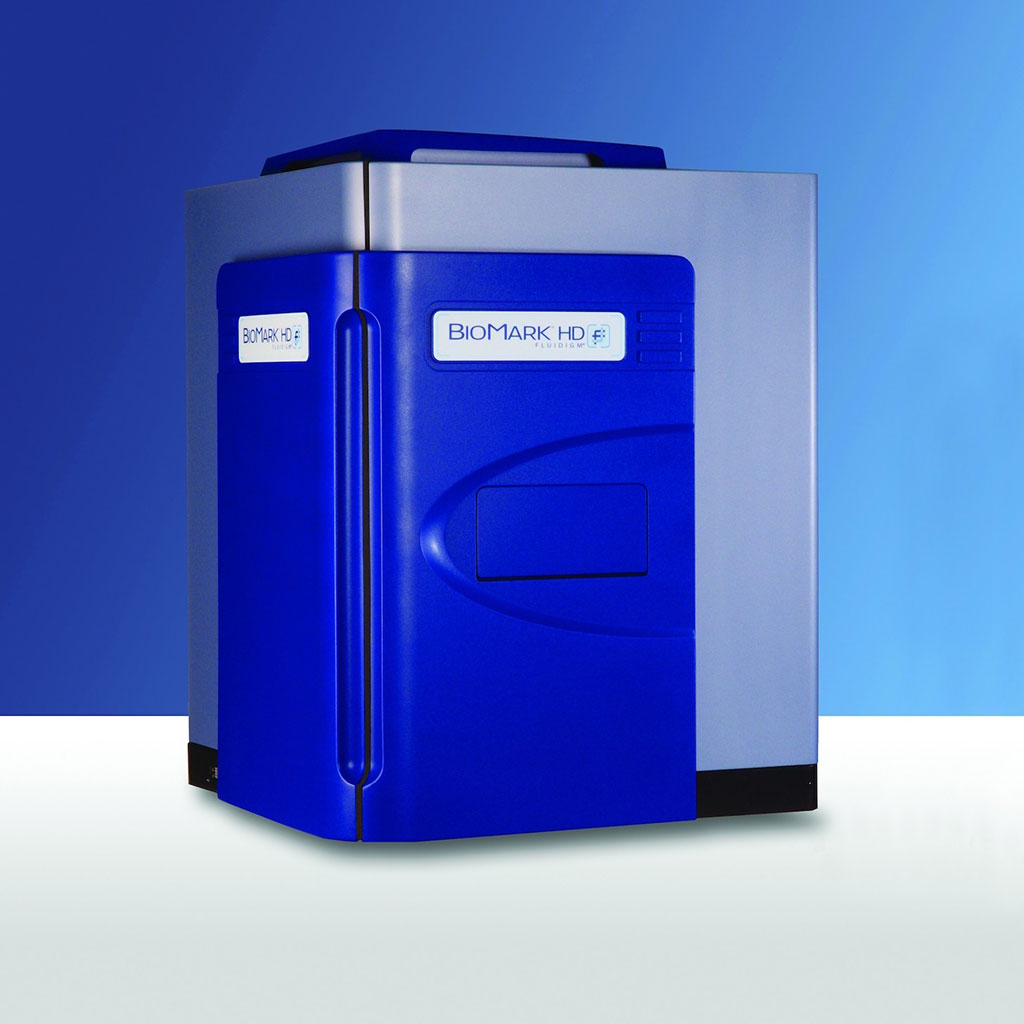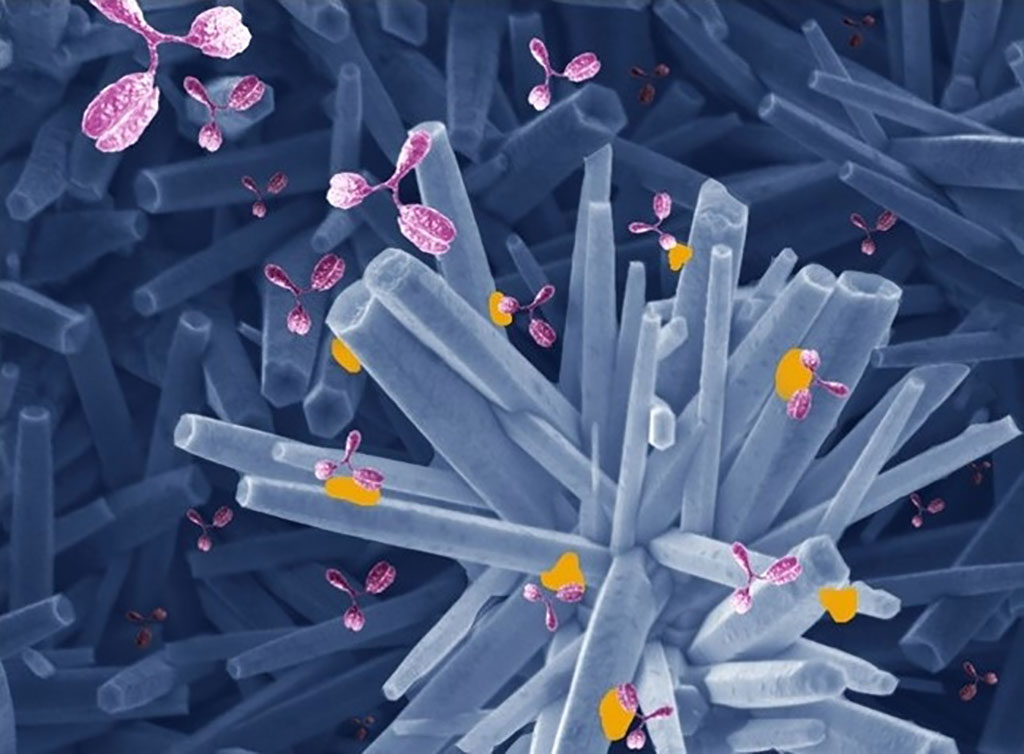UC San Diego Partners with Diagnostics Manufacturers for COVID-19 Testing; Begins Trial to Assess Antiviral Drug
By LabMedica International staff writers
Posted on 28 Mar 2020
The UC San Diego Health and University of California San Diego School of Medicine (La Jolla, CA, USA) has announced that the UC San Diego Center for Advanced Laboratory Medicine (CALM), in a partnership with five leading in vitro diagnostics manufacturers, is significantly ramping up testing for COVID-19, projecting a capacity to complete 1,000 to 1,500 tests per day within two to three weeks. The five leading in vitro diagnostics manufacturers include Thermo Fisher Scientific (Waltham, MA, USA), Roche Diagnostics (Basel, Switzerland), GenMark Diagnostics (Carlsbad, CA, USA), Luminex Corporation (Austin, TX, USA) and Abbott Diagnostics (Lake Forest, IL, USA).Posted on 28 Mar 2020
UC San Diego Health has been conducting in-house COVID-19 testing since March 10, the result of an intensive internal effort by UC San Diego Health doctors and staff. The in-house testing was among the first such efforts in the US, producing results in hours, rather than days or weeks. However, emerging and widespread challenges across health systems and the US involving shortages of required chemicals and materials has limited testing to only persons meeting strict diagnostic criteria, such as clear symptoms of disease or known exposure to the virus. The announced partnerships encompass a broad-based approach using multiple testing platforms with different material requirements and supply chains. They are designed to better overcome the issues of supply, demand — and need.

Illustration
“UC San Diego has always been a recognized national leader in developing industry partnerships for the greater good,” said UC San Diego Chancellor Pradeep Khosla. “This achievement is a perfect example of brilliant minds in the public and private sectors coming together to solve real-world issues and drive innovation. These partnerships are creative, compelling and incredibly important for all of us in these difficult times.”
“All of us continue to explore new ways to further increase testing capacity and to develop new diagnostic laboratory assays that can help guide care and therapy for COVID-19 patients,” said Steven Gonias, MD, PhD, chief of pathology services for UC San Diego Health and chair of the Department of Pathology at UC San Diego School of Medicine. “This outbreak isn’t over; neither is our work.”
Meanwhile, physician-scientists at UC San Diego Health, UC San Francisco, UC Irvine Health and UC Davis Health have begun recruiting participants for a Phase II clinical trial to investigate the safety and efficacy of treating adult patients with COVID-19 with remdesivir, an antiviral drug that has shown activity in animal models and human clinical trials of SARS-CoV, MERS-CoV, Ebola, Marburg and other viruses.
Remdesivir is not approved by the U.S. Food and Drug Administration for treatment of any infection, but is undergoing clinical trials for treatment of multiple viral diseases, including COVID-19 (SARS-CoV-2) infections. The multicenter trial will be randomized, double-blind and placebo-controlled, with the capacity to enroll in up to 75 sites globally. The UC trial will begin with a small cohort of participants. All must be hospitalized patients with diagnosed COVID-19. All must be patients of UC San Diego Health or other participating UC Health systems.
Developed by Gilead Sciences (Foster City, CA, USA), remdesivir belongs to a class of antiviral drugs that inhibit RNA-dependent RNA polymerase, an enzyme necessary for some RNA viruses like SARS-CoV-2 to replicate. Thus, inhibiting the enzyme may prevent viral replication in infected cells. The most commonly used antiviral drug in this class of drugs is acyclovir, used for the treatment of herpes simplex virus, chickenpox and shingles. The study will consist of a series of two-arm comparisons between different therapeutic agents and a placebo, with interim monitoring to introduce new arms as needed and to allow for early stoppage if any agents prove ineffective or unsafe.
“Due to the evolving, fluid nature of this research and what we’re learning daily about the virus and about improving treatment, the trial is designed to be adaptive, to shift investigation to the most promising avenues,” said co-principal investigator Constance Benson, MD, professor of medicine at UC San Diego School of Medicine and an infectious disease specialist at UC San Diego Health. “With this type of adaptive study design, if remdesivir proves to be safe and active, the clinical trial may be rapidly adapted to remove the requirement for a placebo arm and add a treatment arm that includes other promising antiviral or other investigational drug to compare with the activity of remdesivir.”
Related Links:
UC San Diego













